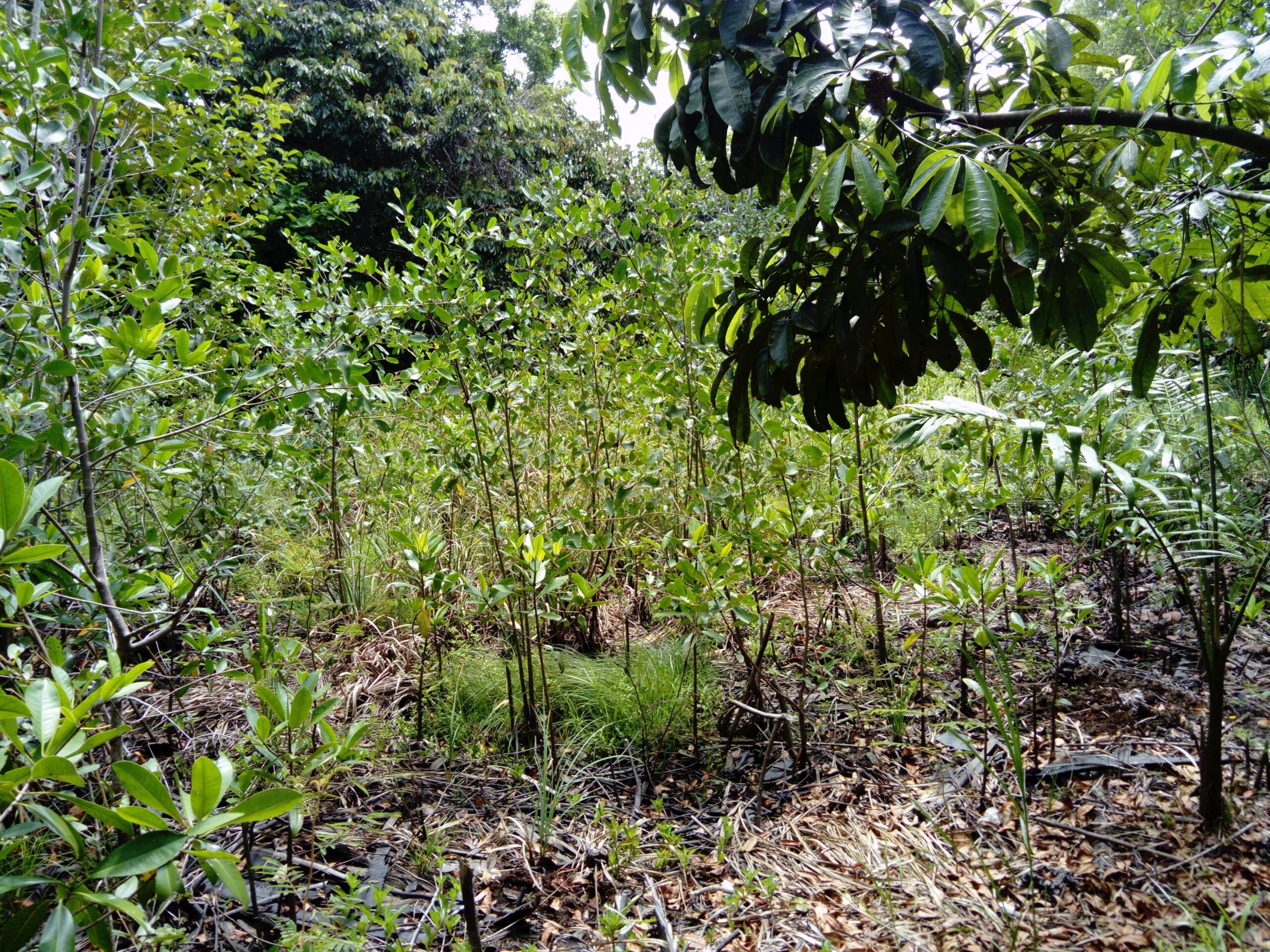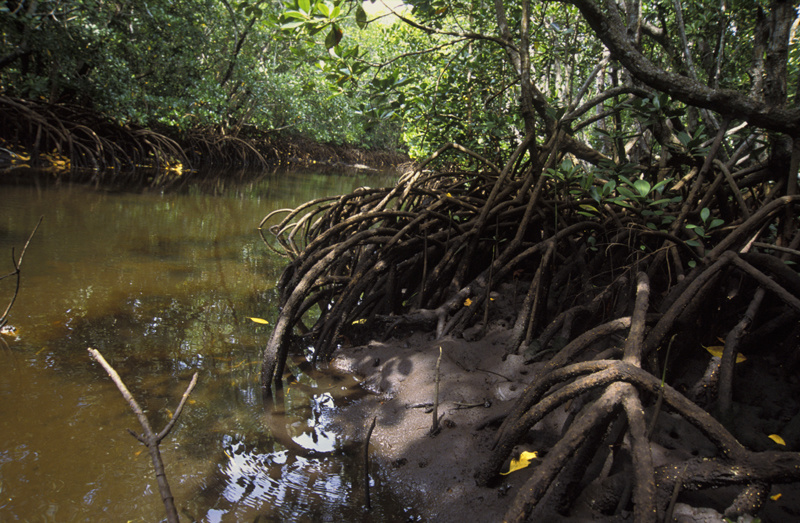Global efforts by Fauna & Flora International and partners to protect and restore mangroves
Fauna & Flora International (FFI) supports local stakeholders to conserve threatened species and ecosystems worldwide. Our marine programme, established in 2010, has grown to a portfolio of 33 projects spanning 17 countries across five regions, including Central America and the Caribbean, Europe, Eastern Atlantic Islands, Western Indian Ocean and Southeast Asia. FFI views mangrove protection and restoration as an integral part of our global efforts to reverse biodiversity loss and combat climate change. Across our marine project portfolio, we are working with in-country partners to ensure that mangroves receive the attention they deserve.
In Honduras, FFI is supporting five local partners to conserve a 300,00ha seascape that comprises three important marine protected areas and a rich diversity of marine species and habitats. We have established a mangrove monitoring programme and, with community support, we are aiming to reforest an area of mangrove estimated to sequester an additional 3,000 tonnes of carbon. There are also ongoing efforts to remove an invasive oil palm that poses an additional threat to the native trees.

©Vance Russell / FFI
FFI’s work in Cambodia is focusing on the establishment of a national network of MPAs, building on our critical support for the designation of Cambodia’s first Marine National Park in the Koh Rong Archipelago in 2018. As part of our wider marine conservation and fisheries management efforts, FFI is working to maintain the mangroves in Koh Rong, and we have expanded our work to include the largest mangrove area in Southeast Asia – in Pream Krasop Wildlife Sanctuary in Koh Kong in northern Cambodia, and the mangroves in Kep and Kampot in Southern Cambodia. This is combined with locally led initiatives to improve nursery practices, growing a variety of mangrove species to engage communities in restoring deforested mangrove areas.
In Tanzania, FFI has been partnering with Mwambao Coastal Community Network on Pemba island for seven years, who are now scaling up and taking an ecosystem-based approach to coastal resource management and adaptation to climate change in northern Tanzania, incorporating 10,000 hectares of coastal forest across Zanzibar and the mainland. A full blue carbon feasibility study has recently started, aiming to understand the scope for blue carbon credit production in the area and eventually diversify and sustain funding for ongoing community-led conservation approaches. Mangroves are a critical nature-based solution to the twin climate and biodiversity crises, and their conservation and restoration is central to FFI’s marine work.

©Evan Bowen-Jones / FFI
For more information, follow the links below:
FFI website blog: https://www.fauna-flora.org/news/root-branch-reform-protecting-restoring-worlds-mangrove-forests/
FFI Magazine article: https://www.fauna-flora.org/magazine-2020/
Mwambao CCN: https://mwambao.or.tz/